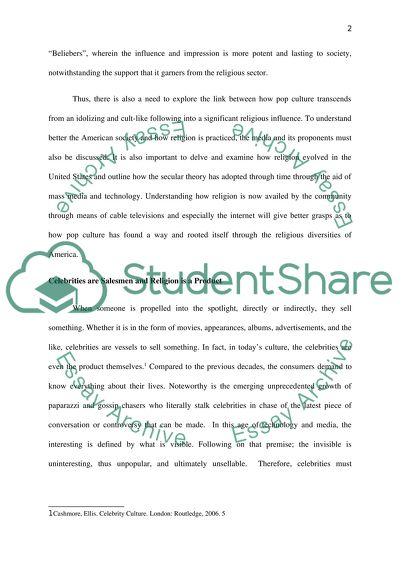Cite this document
(“Christianity as Mediated by America's Entertainment Culture & Justin Essay”, n.d.)
Retrieved from https://studentshare.org/religion-and-theology/1446817-christianity-as-mediated-by-americayies
Retrieved from https://studentshare.org/religion-and-theology/1446817-christianity-as-mediated-by-americayies
(Christianity As Mediated by America'S Entertainment Culture & Justin Essay)
https://studentshare.org/religion-and-theology/1446817-christianity-as-mediated-by-americayies.
https://studentshare.org/religion-and-theology/1446817-christianity-as-mediated-by-americayies.
“Christianity As Mediated by America'S Entertainment Culture & Justin Essay”, n.d. https://studentshare.org/religion-and-theology/1446817-christianity-as-mediated-by-americayies.


